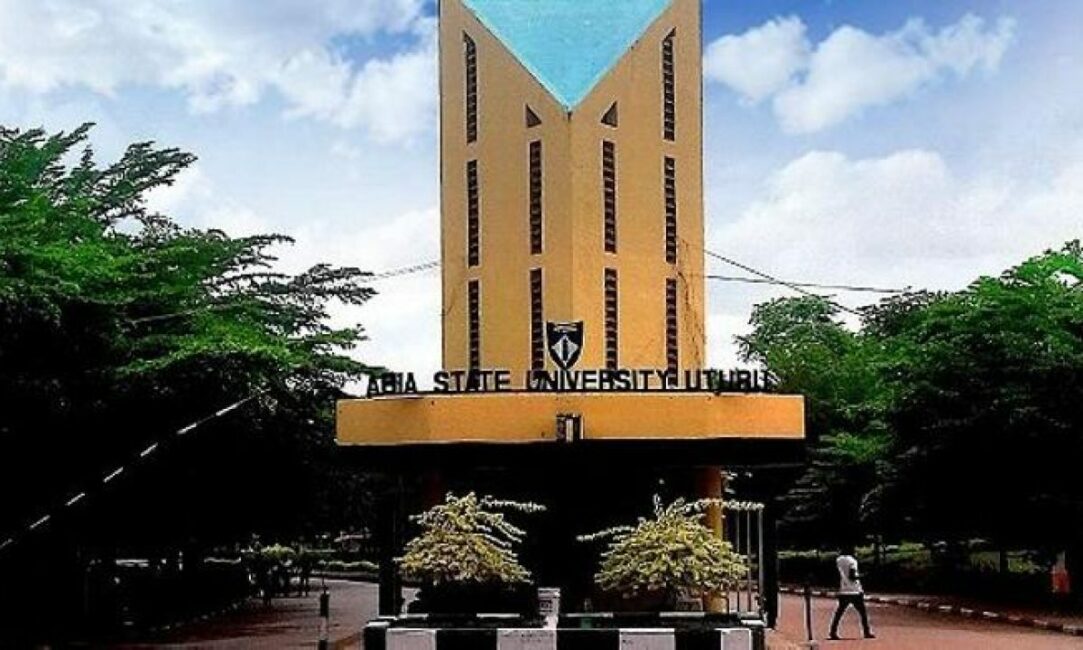The recent strike by ABSU lecturers over 11 months of unpaid salaries has thrown a spotlight on the university’s financial woes and the broader challenges facing Nigerian higher education. While critics may see this as a failure of the current administration’s promises on education, the situation is far more intricate than a simple blame game.
On the surface it appears to be a simple case of delayed salaries, Dr. Mbah, Chairman of ASUU-ABSU, reveals a deeper layer of financial complexities and historical baggage. The situation raises questions about long-standing financial problems and unfulfilled promises.
Advertisement
A Legacy of Arrears:
The unpaid salaries span across multiple administrations, stretching back to 2011 and 2012, and highlighting the long-standing financial struggles of ABSU and systemic issues beyond the current administration’s tenure. This raises concerns about the deep-seated financial instability of the university, likely stemming from a combination of insufficient government funding, dwindling internal revenue generation, past mismanagement and the university’s reliance on government subventions, leaving it vulnerable to budgetary fluctuations. Governor Otti has been commendable in consistently releasing the inherited ₦100 million monthly subvention, however, according to the university, this falls significantly short of the university’s ₦320 million wage bill.
It’s important to note that, under Governor Otti’s leadership, lecturers haven’t experienced delayed salaries as such. The December salary, for example, was paid, albeit with some delays for certain individuals. However, the university faces a significant deficit of ₦220 million accumulated from prior administrations, which ultimately led to the current strike.
The university management, in a press release signed by Registrar Acho Elendu, expressed concerns about the strike’s impact on the academic calendar. They emphasized that they have been paying salaries regularly since taking charge and that the Abia State Government has been consistent with monthly subventions. According to Elendu, ABSU is “Technically not owing any staff salaries.”
Advertisement
He acknowledged the inherited 10 months of salary arrears from the previous administration and confirmed clearing five months of those arrears with plans to address the remaining balance. Elendu also pointed out that ASUU members’ participation in the 2022 8-month national strike further disrupted their planned salary clearance efforts.
The Funding Crunch and Salary Conundrum:
The university’s dependence on government funding exposes a structural vulnerability. Exploring avenues for internal revenue generation, perhaps through public-private partnerships or innovative programs, might offer a more sustainable financial future. There exists a stark disparity between the university’s monthly wage bill of ₦320 million and the ₦100 million subvention received from the state government. Though Governor Otti has been consistent in releasing this subvention, the gap remains significant, forcing the university to rely on its own revenue, which, according to them, is insufficient due to “the high level of payment at the epic of the staff level.”
This comment by Dr. Mbah raises a crucial point: the university’s salary structure might require scrutiny. Advocating for fair wages is essential, but a top-heavy salary structure in the face of financial constraints can be unsustainable. Optimizing the salary structure without compromising the quality of education could be a key aspect of long-term financial stability.
Dr. Mbah mentions the “high level of payment at the epic of the staff level.” Lecturers’ well-being is paramount, no doubt, also optimizing staff salary structures, alongside prudent financial management, could be crucial in ensuring long-term financial stability.
Advertisement
Beyond Immediate Fixes:
Addressing the immediate need for salary payments is crucial, and a long-term solution demands a deeper dive. Questions arise:
- Revenue generation: Can ABSU diversify its income sources to reduce dependence on government subventions?
- Cost optimization: Can staff salary structures be reviewed to ensure sustainability alongside fair compensation?
- Transparency and accountability: How can financial management be made more transparent and accountable to build trust?
A Call for Reforms:
Beyond resolving the immediate crisis, Otti has an opportunity to champion broader reforms. Advocating for sustainable funding models, promoting efficient resource allocation, and implementing transparent financial practices can prevent similar crises in the future.
The ABSU strike is a microcosm of the broader challenges facing Nigerian higher education. It emphasizes the need for systemic reforms that address issues like inadequate funding, inefficient resource allocation, and unsustainable salary structures. Governor Otti can leverage this crisis to champion these reforms and leave a lasting legacy on Nigerian education.
Advertisement
– Mr Ezeh writes from Umuahia, Abia State.
Disclaimer: This article is entirely the opinion of the writer and does not represent the views of The Whistler.



